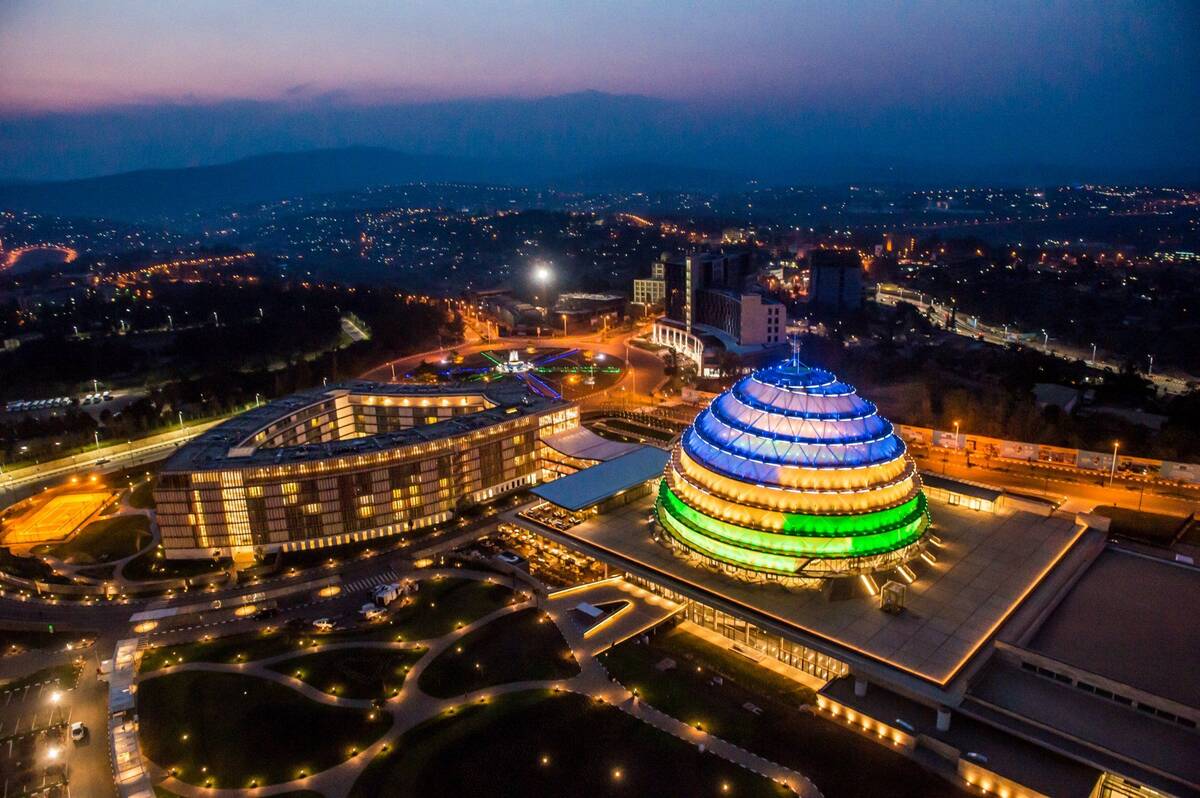Traveling to Tanzania for a safari, Kilimanjaro climb, or a Zanzibar beach holiday is an unforgettable adventure. However, one essential part of travel planning is being prepared for medical emergencies. From unexpected illnesses to accidents during safaris or treks, knowing what steps to take can make a huge difference.

If you or someone in your group experiences a medical emergency in Tanzania, follow these essential steps:
Stay Calm and Assess the Situation – Quickly determine the severity of the emergency.
Call for Help Immediately – Notify your guide, lodge staff, or travel companion. They are trained to assist tourists in emergencies.
Contact Emergency Services – Tanzania’s official emergency number is 112. For police or medical services in remote areas, guides usually have direct contacts.
Use First Aid – Many safari vehicles and trekking guides carry first-aid kits. Use them for immediate care until professional help arrives.
Arrange Evacuation if Needed – In serious cases, an air evacuation service may be required to transfer you to a hospital in Arusha, Dar es Salaam, or even Nairobi, Kenya.
National Emergency Number: 112
Ambulance Services: Available in major towns but limited in rural areas. Safari operators usually have evacuation arrangements.
Air Ambulance Services: Providers like Flying Doctors Society of Africa (AMREF) and Regional Air Ambulance offer emergency evacuations.
Dar es Salaam: Aga Khan Hospital, Muhimbili National Hospital, TMJ Hospital
Arusha & Moshi (Safari and Kilimanjaro gateway): AAR Hospital, Selian Lutheran Hospital, Kilimanjaro Christian Medical Centre (KCMC)
Zanzibar: Mnazi Mmoja Hospital, Tasakhtaa Global Hospital, and private clinics near Stone Town
👉 Keep in mind: Facilities outside major towns may be basic. In severe cases, evacuation to Nairobi or even South Africa may be necessary.
On safari, emergencies can arise due to injuries, allergic reactions, or even animal encounters.
Guides Are Trained: Most professional safari guides have first-aid training.
Medical Evacuation Insurance: Some lodges and safari companies include Flying Doctors evacuation cover.
Communication Tools: Safari vehicles often carry radios or satellite phones to call for help in remote parks.
Climbing Mount Kilimanjaro presents unique risks like altitude sickness, dehydration, or injuries.
Guides Monitor Your Health: Licensed Kilimanjaro guides check oxygen levels and watch for symptoms of altitude sickness.
Immediate Descent: If altitude sickness is severe, the only effective treatment is descending to lower altitude.
Rescue Services: Stretchers and evacuation teams are available on Kilimanjaro routes, and helicopters can be arranged for critical cases.
Travel insurance is non-negotiable for Tanzania travel. Make sure your policy covers:
Emergency medical treatment
Evacuation by air ambulance
Hospitalization in Tanzania or neighboring countries
Repatriation back home if necessary
Without insurance, evacuation costs can be extremely high (often $3,000–$10,000+ for air ambulance services).
While preparing for a trip to Tanzania, take these steps to reduce medical risks:
Vaccinations: Yellow fever (if traveling from a risk country), hepatitis A & B, typhoid, tetanus, and routine immunizations.
Malaria Prevention: Take prescribed antimalarial tablets, use mosquito nets, and apply repellents.
Safe Drinking Water: Stick to bottled or filtered water. Avoid drinking tap water.
Personal First-Aid Kit: Carry basic medicines for fever, stomach issues, pain relief, and wound care.
Always carry a copy of your insurance policy and emergency contacts.
Inform your safari operator or trekking guide about any pre-existing conditions or allergies.
Save local hospital numbers on your phone.
If in doubt, seek medical attention early rather than waiting until it worsens.
Stay hydrated and avoid food or water that looks unhygienic.
1. What number do I call for an ambulance in Tanzania?
Dial 112, Tanzania’s national emergency number.
2. Are hospitals in Tanzania reliable?
Yes, in cities like Arusha, Dar es Salaam, and Zanzibar, there are good private hospitals. Rural areas may lack advanced facilities.
3. Will my safari guide help in an emergency?
Yes, safari guides are trained in first aid and can arrange evacuation if necessary.
4. Do I need travel insurance for Tanzania?
Absolutely. Medical evacuation and treatment can be very expensive without it.
5. Can I get air evacuation if injured on safari or Kilimanjaro?
Yes, services like AMREF Flying Doctors specialize in air evacuation across East Africa.